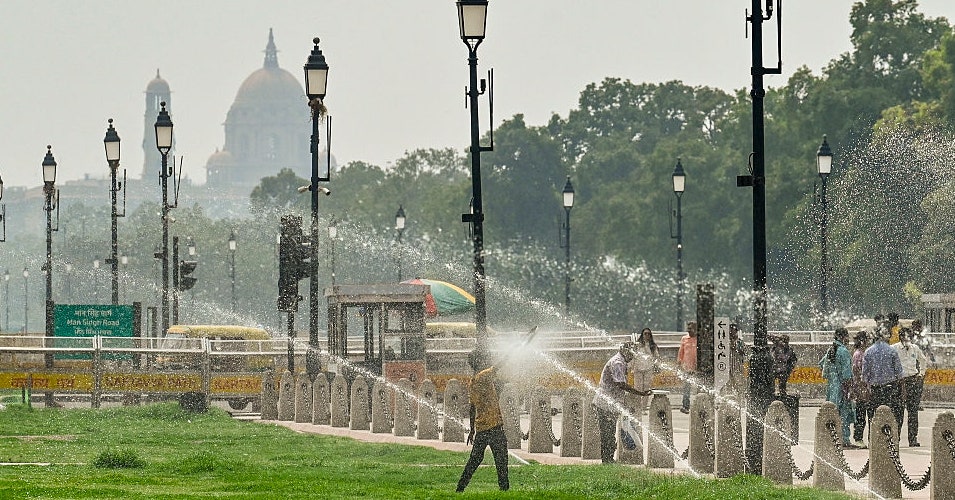Localized data can lead to targeted responses for heat waves, as emphasized by experts like Krishna. Specific actions can include adjusting market hours or establishing hydration stations based on the most vulnerable populations. However, despite rising heat-related deaths in Delhi and promised government measures, many initiatives, such as installing water coolers and creating shelters, remain unimplemented. The lack of legal recognition of heat waves as disasters hinders effective responses, as only eight states have declared them as such, preventing local authorities from prioritizing action without higher-level directives. Short-term solutions, like school closures, repeat annually without fostering long-term resilience. Experts stress the need for heat-resilient cities that integrate climate adaptation with other policy areas, yet many local officials lack awareness of available funding and resources. With global temperatures nearing critical thresholds, urgent action on long-term solutions is necessary to mitigate the escalating impact of heat in India.
Source link
India Harnesses AI and Satellite Technology to Analyze Urban Heat Vulnerability at the Building Level

Share
Read more